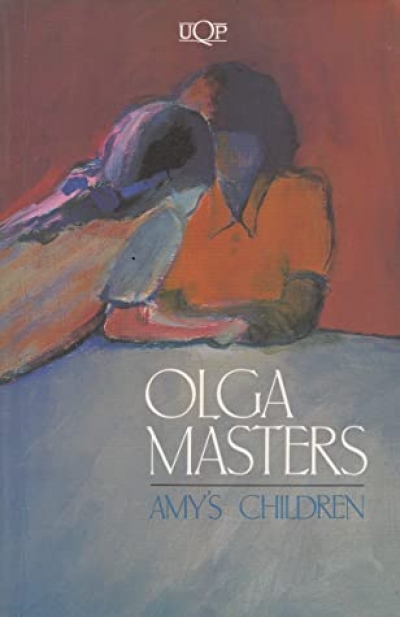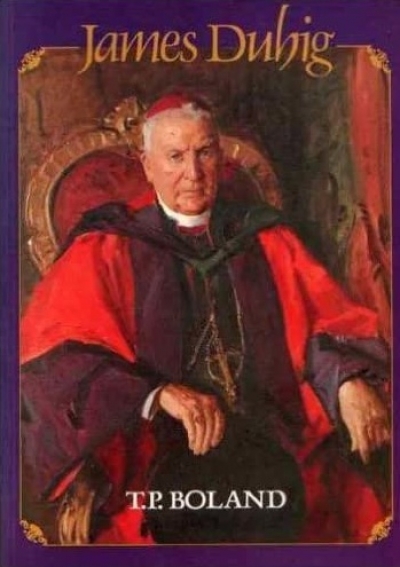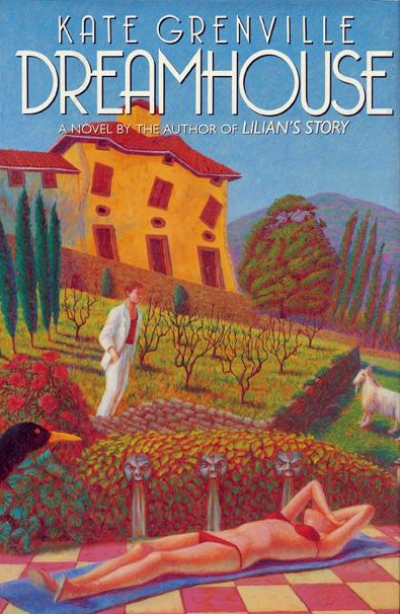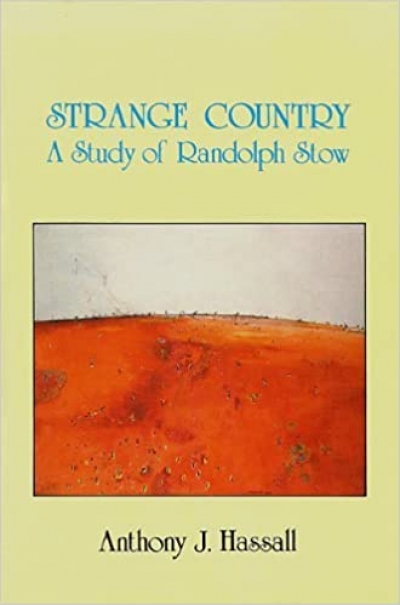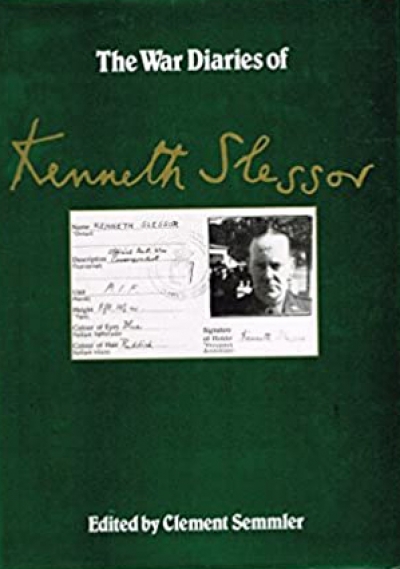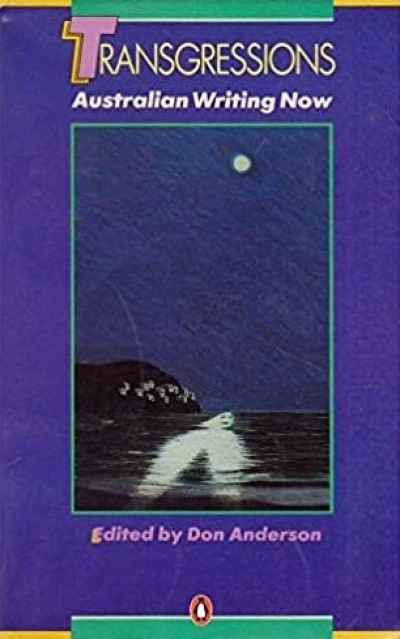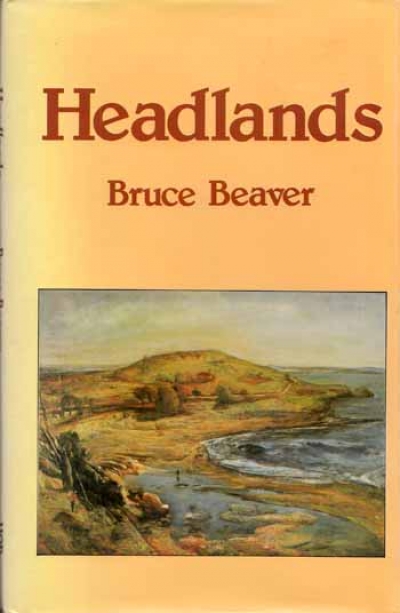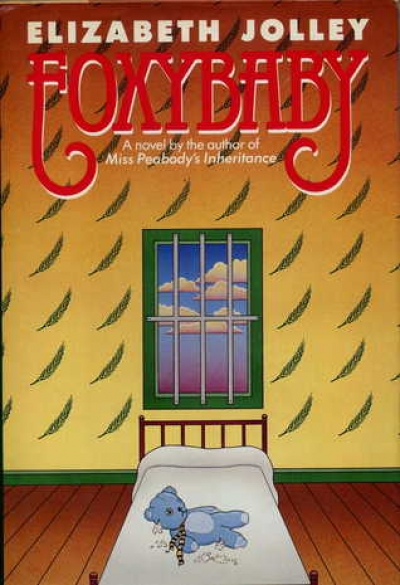University of Queensland Press
Strange Country: A study of Randolph Stow by Anthony J. Hassall
by Ludmilla Forsyth •
The Gentrification of Inner Melbourne: A political geography of inner city housing by William Stewart Logan
by Patrick Mullins •
The War Diaries of Kenneth Slessor: Official Australian correspondent 1940–1944 edited by Clement Semmler
by Kevin Hart •
Transgressions edited by Don Anderson & The Australian Short Story by Laurie Hergenhan
by Mary Lord •

